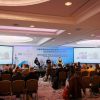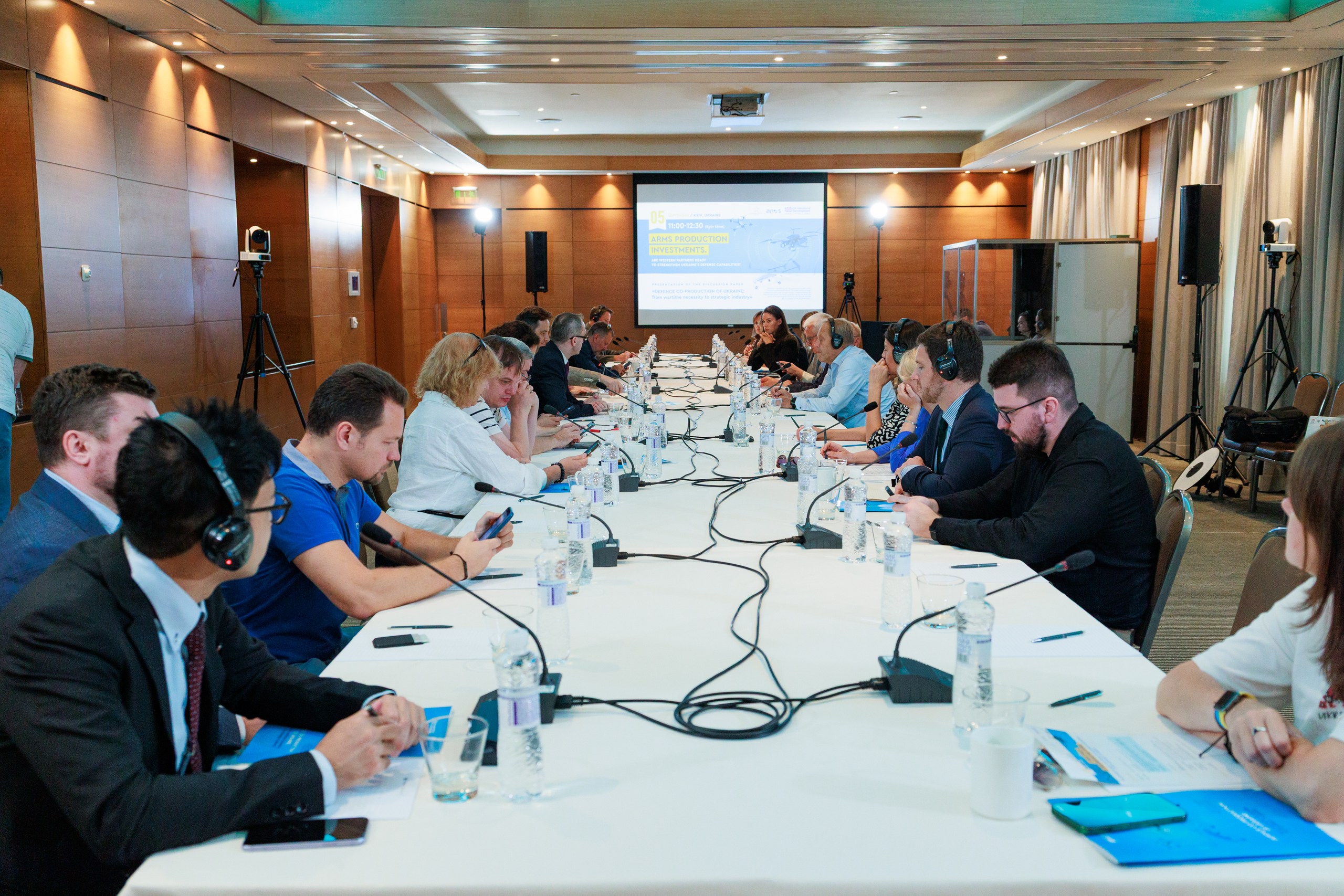
On September 5, 2025 New Europe Center in partnership with “National Interest Advocacy Network “ANTS” NGO held the-presentation and discussion of the discussion paper “Defence co-production of Ukraine: from wartime necessity to strategic industry”.
Leonid Litra, Senior Research Fellow at New Europe Center, Visiting Fellow at ECFR, presented the analytical material.
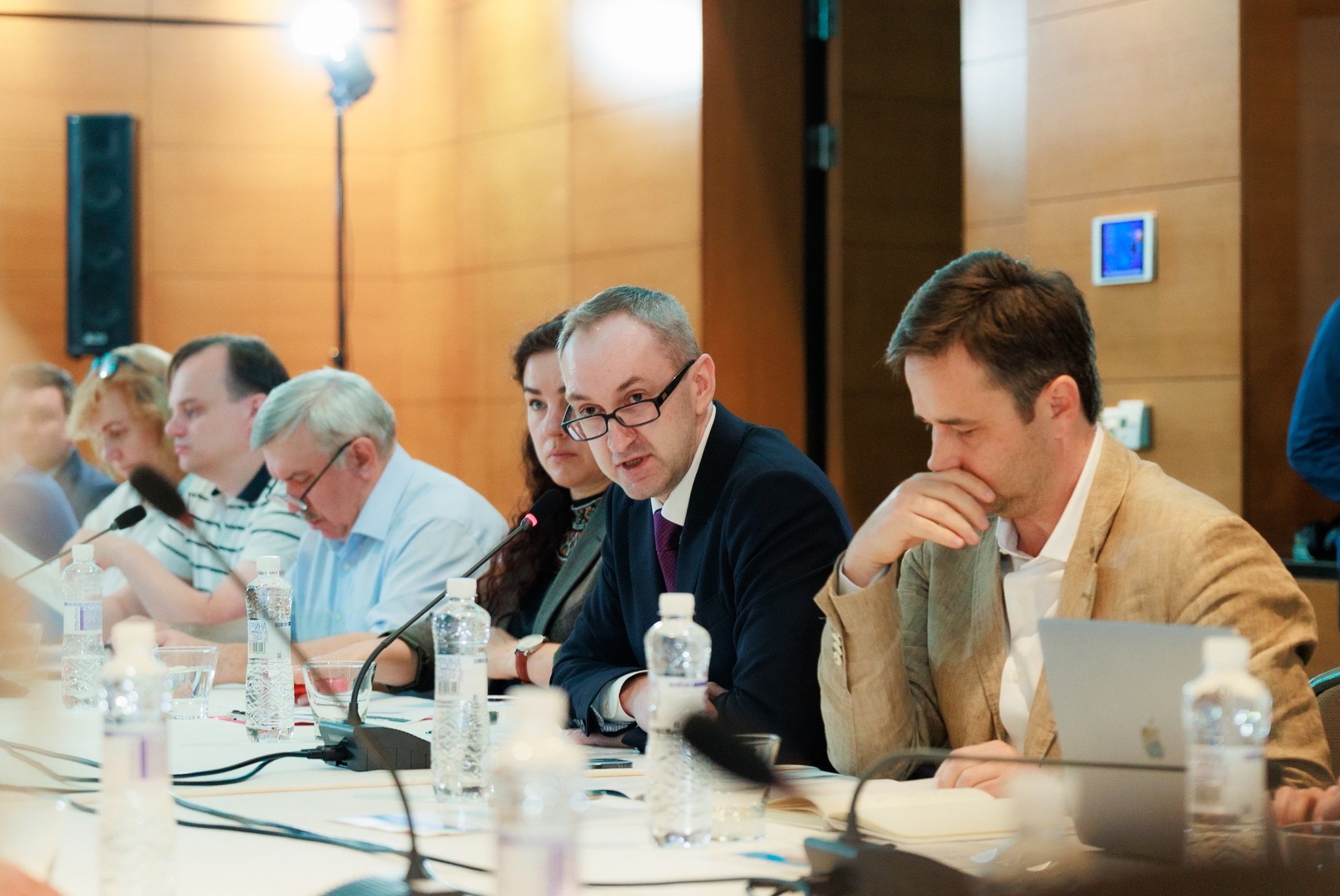
Sergiy Solodkyy, Director of the New Europe Center, welcomed participants of the discussion:
«Today’s discussions in Europe focus on security guarantees for Ukraine, but these are also guarantees for the security of all of Europe. For security guarantees to be effective, three essential criteria must be met — decisiveness, capability, and sustainability. The determination of our partners is finally taking shape, and the next step is achieving capability and sustainability. Investment in joint defense production is one of the key factors that will strengthen long-term capability».
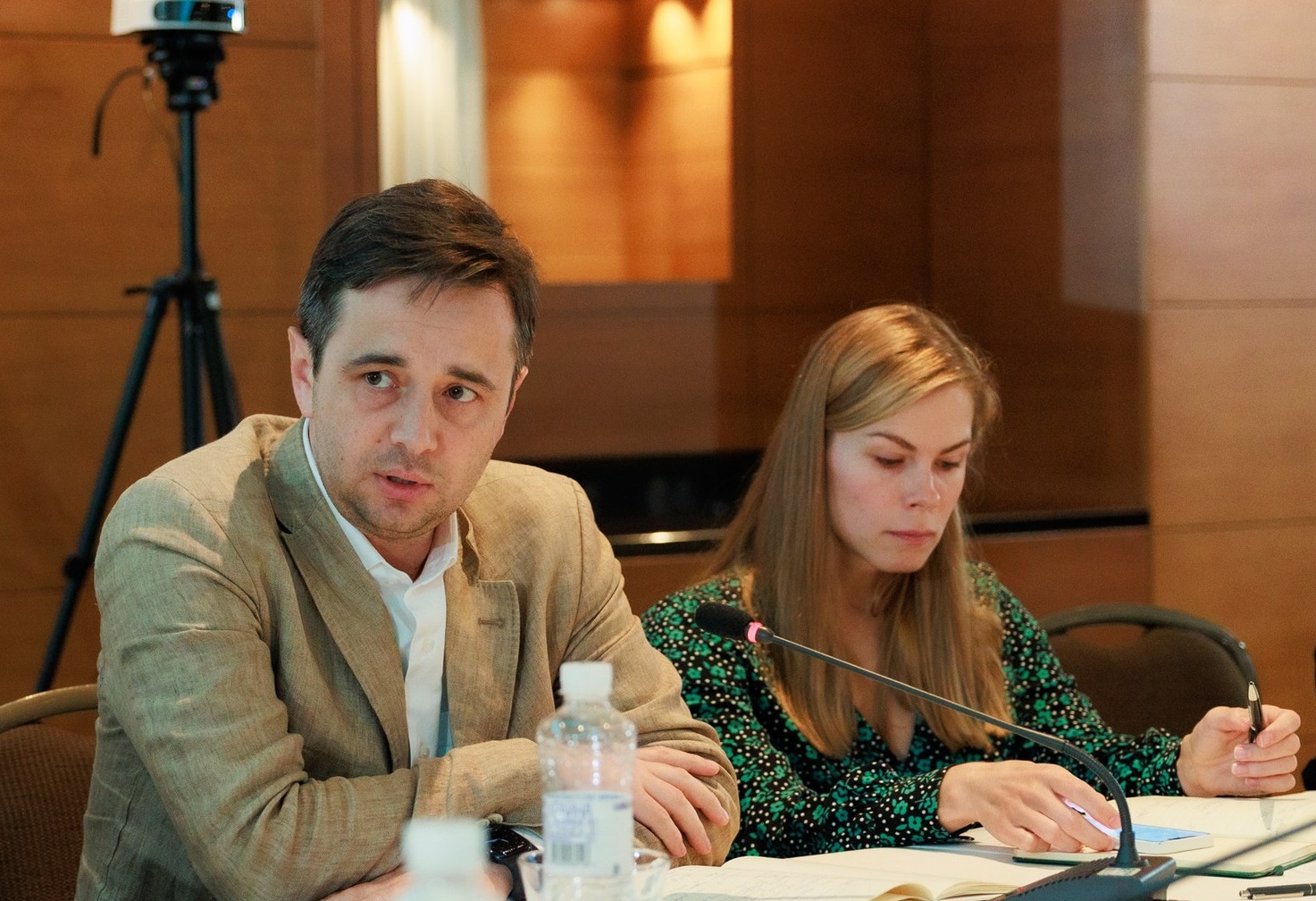
Leonid Litra, Senior Research Fellow at New Europe Center, Visiting Fellow at ECFR, during the presentation of discussion paper noted:
“European partners possess financial instruments and significant technological capabilities, but their societies and elites often live in ‘peacetime’ and are not always ready to work at fast pace. We, on the other hand, have a key advantage – the unique experience of war over the past three and a half years. For us, it is important not only to possess weapons but also to know how to use them effectively. Thus, there is interdependence: partners provide resources, investments, and production capacities, while we bring battlefield knowledge”.
The key points of Leonid Litra speech can be found here.
Ukrainian and foreign experts took part in the discussion.
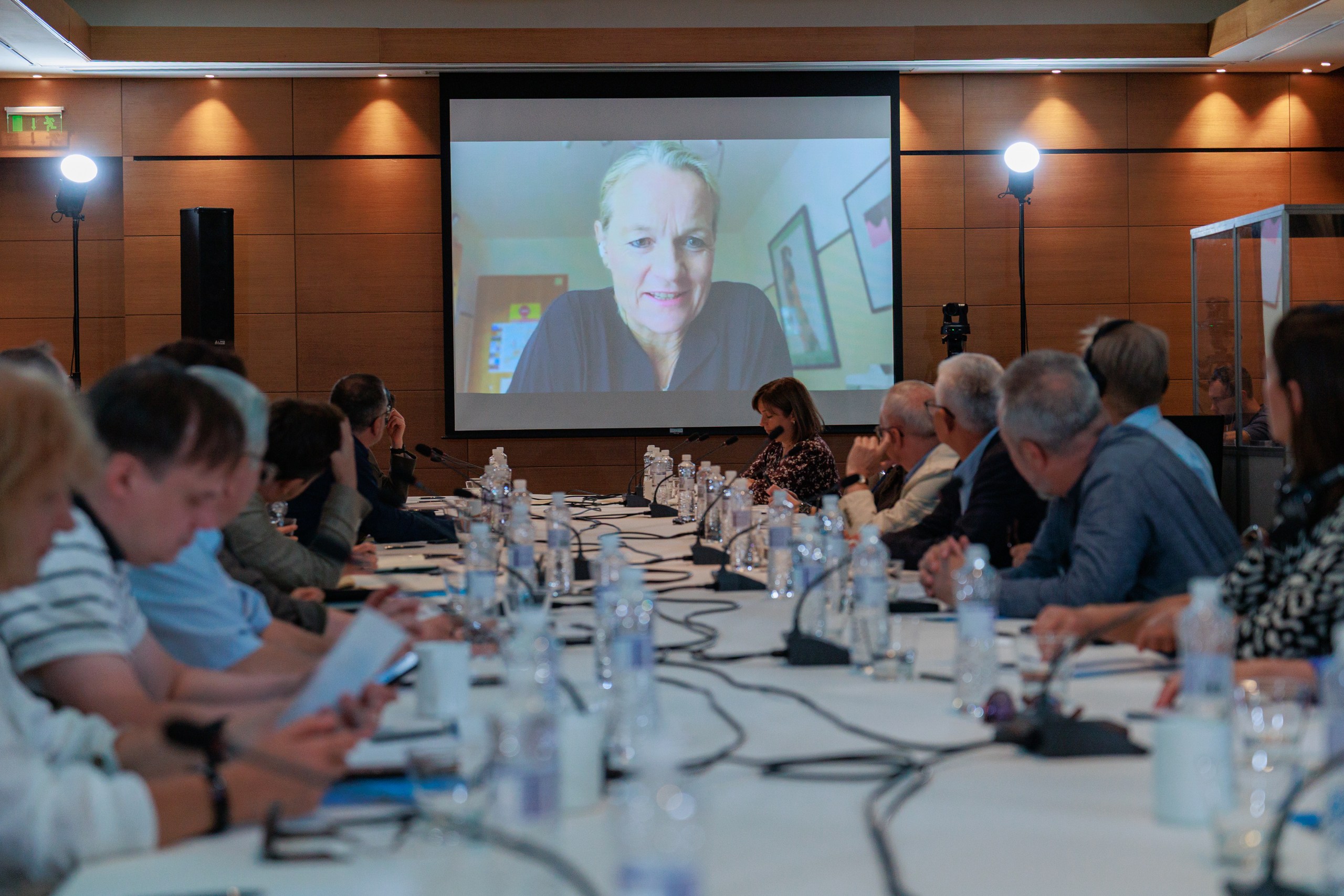
Viola von Cramon-Taubadel, Representative for United for Ukraine network, Member of European Parliament (2019-2024), explained:
“In Germany, despite Chancellor Scholz’s proclaimed ‘Zeitenwende’ (‘turning point’), most politicians and citizens still think within a peacetime paradigm. It is important to convey to society and the political elite why it is necessary to support Ukraine in developing new technologies. After all, Ukraine is already creating solutions that protect all of Europe – from drones to tools of information warfare. Russia carries out hybrid and military attacks every day, and this threat concerns not only Ukraine. That is why Europeans need direct contact with Ukrainian experts to understand what kind of war they should be preparing for”.
The key points of Viola von Cramon-Taubadel speech can be found here.
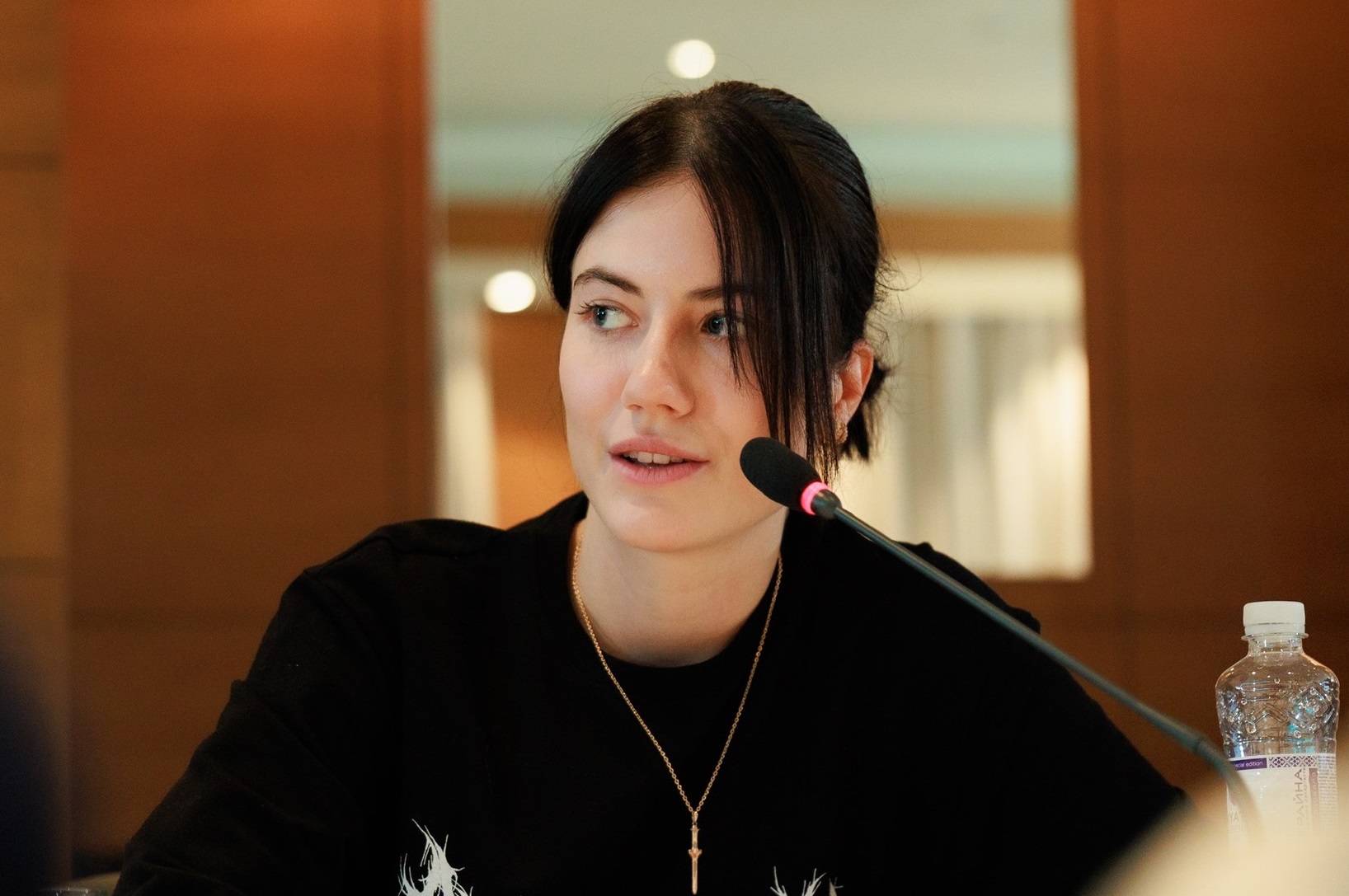
Kateryna Mykhalko, Executive director of Tech Force in Ukraine, said:
“Defence companies do not want less bureaucracy or less accountability. They want clarity within this bureaucracy — predictability in contracts, unambiguous pricing formulas, and consistent interpretation of rules, so they can operate within the law.
Often, a ‘gray zone’ is created, where the law can be interpreted in different ways. As a result, an entrepreneur faces a difficult choice between wanting to support Ukraine and build a business here, and wanting to be successful and produce high-quality weapons. To achieve this, they need to operate not as a Ukrainian company, but as a Polish, Estonian, or Danish manufacturer. This problem is broader than just the defense sector, and at the level of the military industry, we cannot solve it”.
The key points of Kateryna Mykhalko speech can be found here.
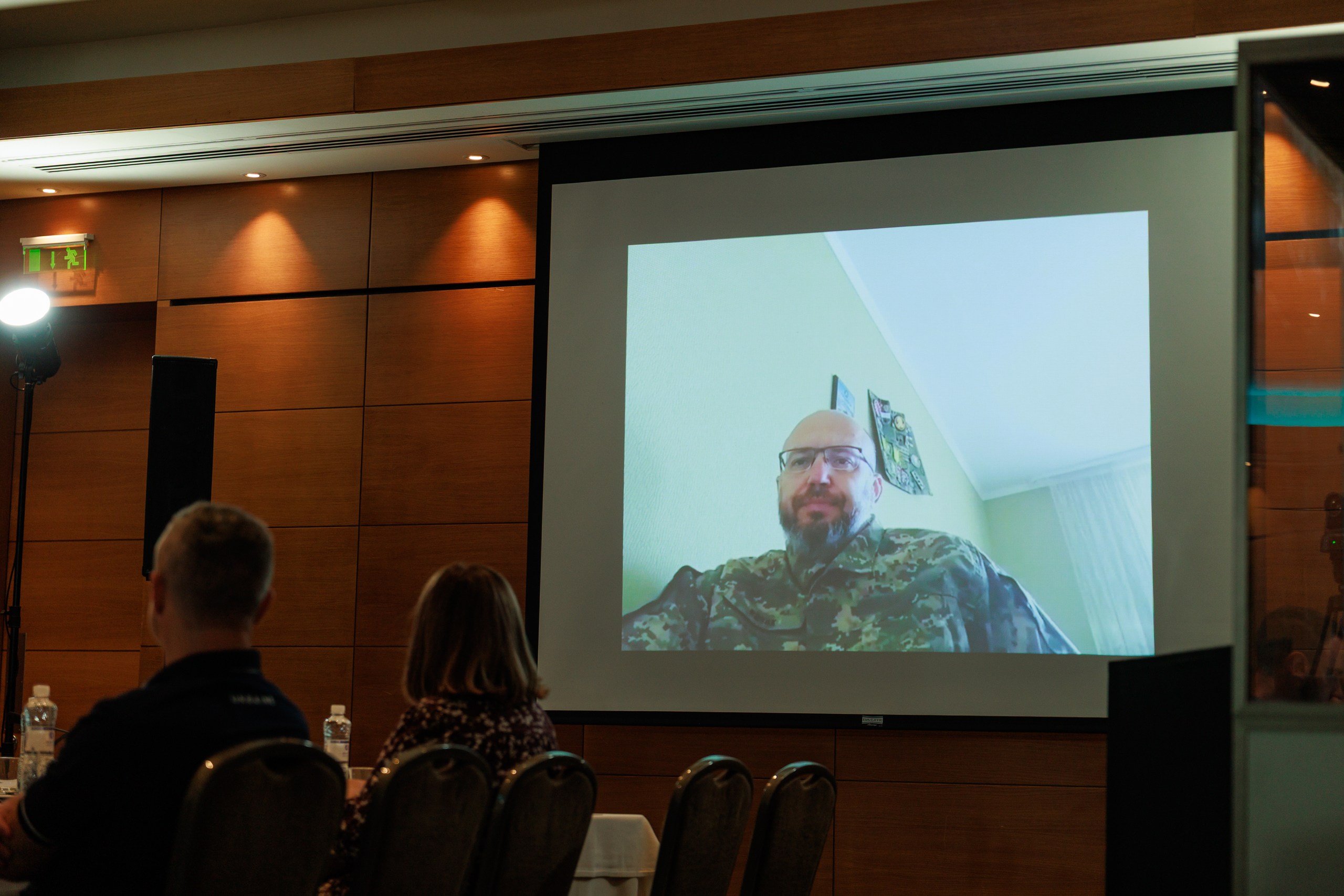
Ostap Yednak, AFU officer, international relations expert, Board Member, “National Interest Advocacy Network “ANTS” NGO, emphasized:
“Funding Ukrainian arms and scaling up production is necessary. The best way to do this is through transparency and a clear balance between defining needs, procurement, and financing.
In 2022, there was practically no funding, no resources, and no state orders. For enterprises, even those producing critically needed goods, it was difficult to secure contracts. Despite regular calls for international partners to invest and establish joint ventures, in 2022–2023 foreign companies were reluctant to open production facilities or transfer technologies due to complicated permitting procedures.
The situation changed significantly in 2023–2024, when the amount of equipment increased and there arose a need for spare parts production and modernization. At the same time, Ukrainian companies grew to such an extent that not all of them are now seeking to engage foreign partners.
The key challenge in the sector remains the transparency of defense procurement and funding allocation. It is crucial that funds, particularly for innovation, are directed to those companies that create the best products which are truly needed by military units. This will ensure a balance between needs, procurement, and the development of the defense industry”.
The key points of Ostap Yednak speech can be found here.
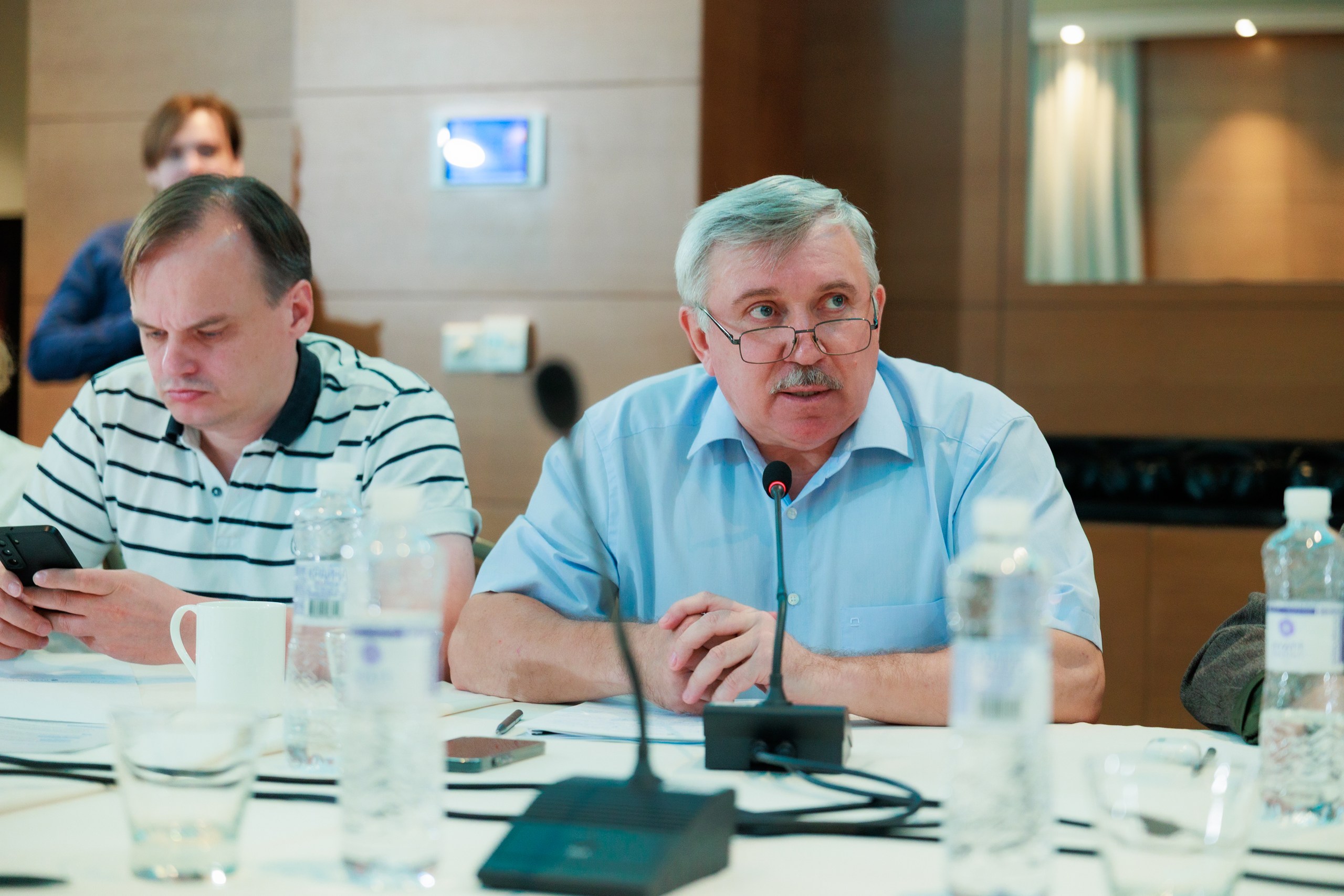
Mykhailo Gonchar, President of the Global Studies “Strategy XXI”, pointed out:
«Under the aegis of Commissioner Andrius Kubilius and his large Directorate for Defence and Space, it would be worthwhile to create a Ukrainian-European platform for confidential discussions of positions and joint decision-making. Such a platform could accelerate processes and serve as a form of debureaucratization for both sides, even without changing the EU’s frame of reference from a peacetime to a wartime perspective. Speed is crucial for us — and for Europe as well».
The key points of Mykhailo Gonchar speech can be found here.
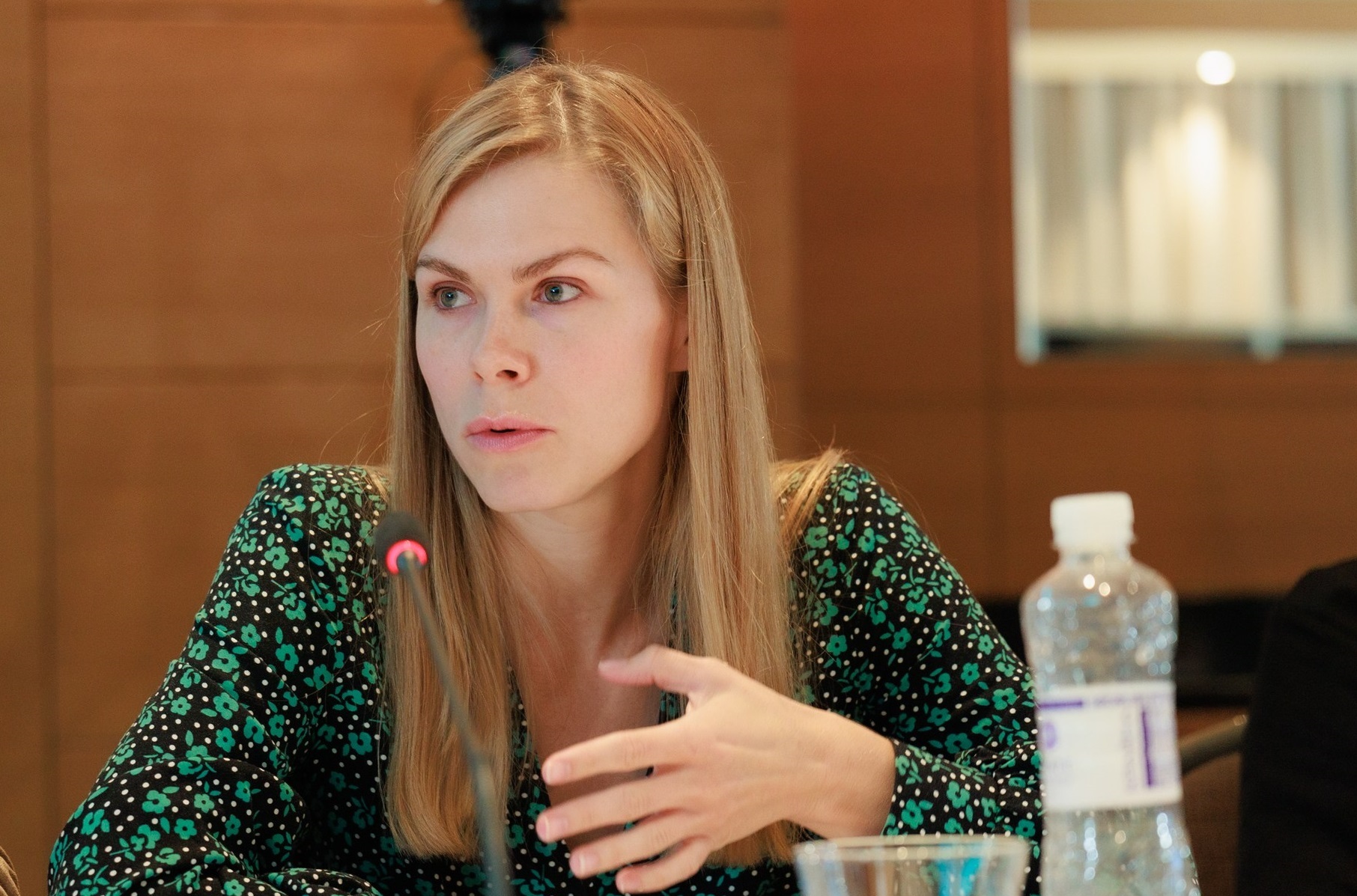
Lesia Ogryzko, Board Member at Rise Ukraine, Director of Sahaidachnyi Security Center, highlighted:
«To discuss arms production and joint production, we first need to define what exactly we are producing and for which threats. It is important to explain to our partners that modern warfare differs from the traditional conflicts of the 20th century, as many Europeans still think in outdated categories. At the same time, we must build a bridge for effective joint production».
The key points of Lesia Ogryzko speech can be found here.
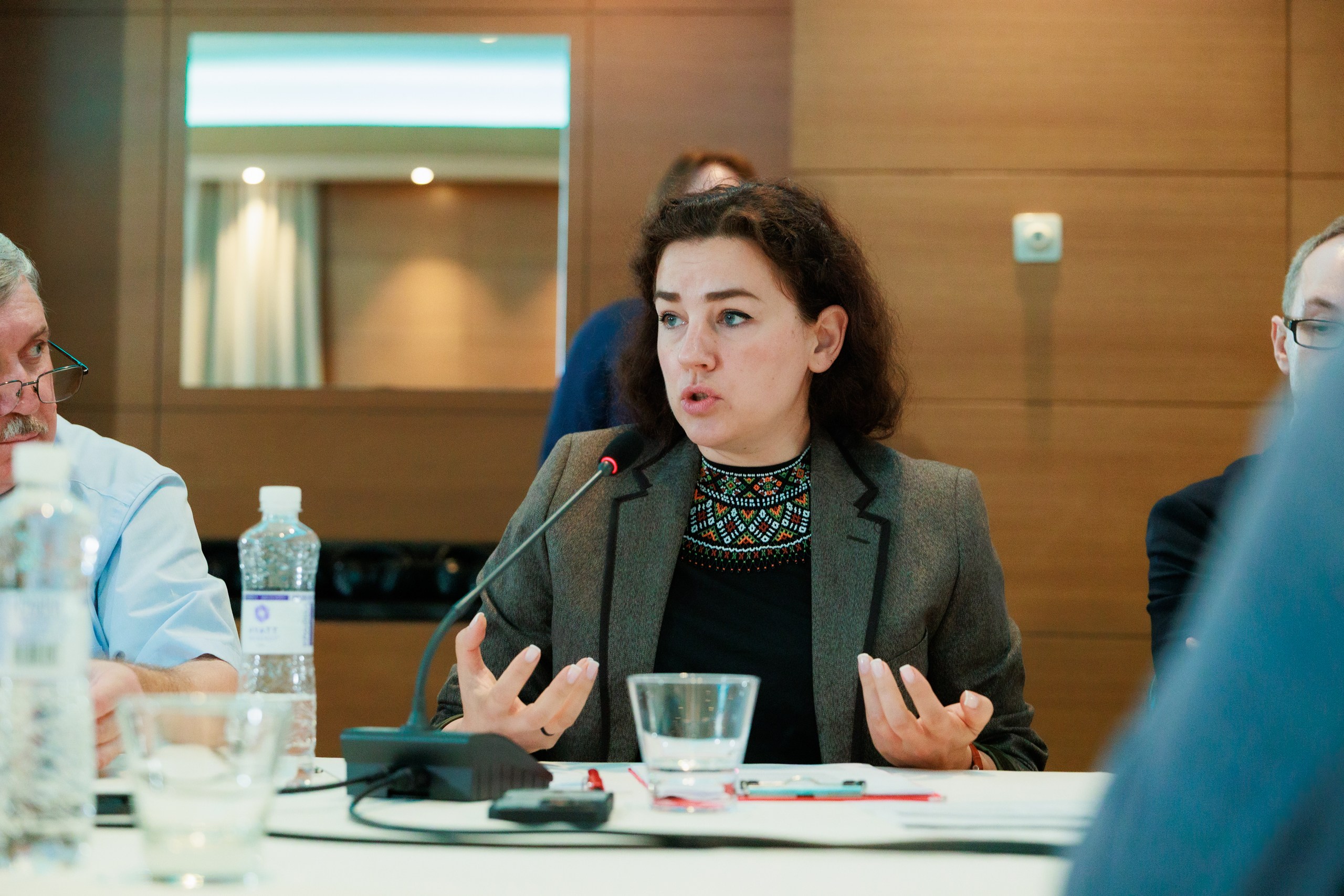
Moderator, Lesia Orobets, Head of “Air Defence Shield for Ukraine” initiative, said:
«What we are observing is alarming: Russia’s technological, engineering, and institutional cooperation with China, North Korea, and Iran in weapons production is so effective that it is difficult for Europeans to imagine. It took less than a year to transform the KN-23 missile, which had an accuracy of less than 400 meters, into one of the most effective in terms of cost-effectiveness and precision. We would like to replicate this success, rather than lament what could have been done better».
The key points of Lesia Orobets speech can be found here.
The video recording in Ukrainian is available on the Facebook page of the New Europe Center and in English is on YouTube chanel .
Photo report is available here.
This event is funded by the UK government as part of the “Mutual Transformative Power: changing Ukraine through cooperation with wider Europe” project, implemented by the New Europe Center. The views expressed during the event are those of the participants and may not coincide with the official position of the UK government.





